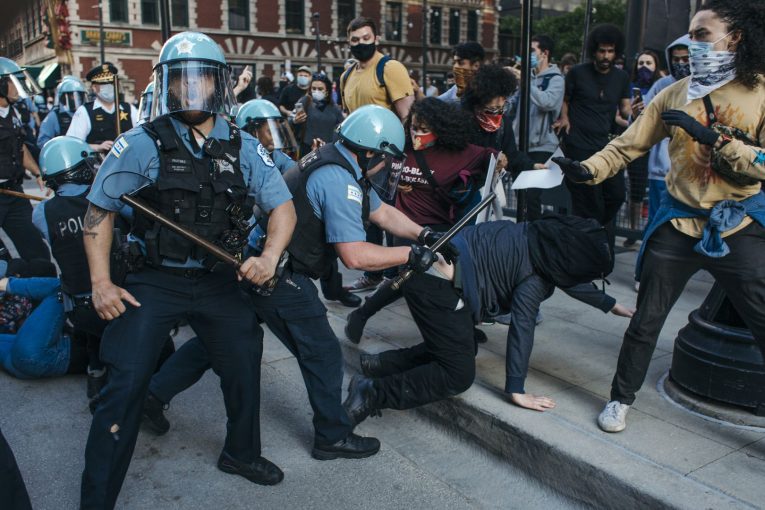

By Michael Apfel
SEATTLE, WA – The City of Seattle Office of Inspector General announced a final list of recommendations Thursday for the Sentinel Event Review (SER) regarding incidents that occurred during 2020 racial injustice protests.
The full report: https://seattle.gov/documents/Departments/OIG/Sentinel%20Event%20Review/FINALSERWave%204Report.pdf.
Twenty recommendations for improving the Seattle Police Department’s protest response were identified by the panel, including recommendations SPD should take responsibility for its actions and its officers when the public is critical, limiting force at protests and facilitating legal observers rather than obstructing them.
The five major categories details included:
Community Legitimacy addresses the public’s perceptions of the SPD’s legitimacy, recognizing that the SPD needs to take accountability for its actions and the actions of individual officers when the public becomes critical of law enforcement.
Situational Awareness acknowledges the need for a changed approach in protest management, particularly when police are being focused by protestors, by minimizing the common belief that protesters work as an organized opposition rather than a diverse body of public protests.
Communication highlights the need to improve the ability of SPD to communicate with observers to safely facilitate yet not obstruct public demonstrations.
Tactics focuses on limiting force in crowd management tactics, placing value on the safety of both the demonstrators and officers.
Officer Wellness emphasizes the need to address officer physical and emotional wellness during periods of extended deployment, which can be achieved by reduced shifts, improved breaks, and access to mental health resources.. Section IV provides a comprehensive list of the panel’s recommendations.
“Waves” of protest activity were verified that summer using existing data. The SER report analyzes the fourth “wave” between July 2 and Oct. 7, 2020, concluding the report series. Reported force, reported conflict among protests and law enforcement, decreased arrests, and “no critical incidents” were reported in the review’s fifth “wave.”
The Quattrone Center for the Fair Administration of Justice, a research and policy hub at the University of Pennsylvania Carey Law School that analyzes potential improvements to the American criminal justice system, co-facilitated the panel’s deliberations.
PointOneNorth Consulting, an organization that focuses on community action and mediation, will similarly aid the panel. The goal of SER was to comprise a diverse combination of professionals and community members to examine systemic issues relating to poor policing, brainstorming ideas for improvement.
“This report is the result of countless hours of work by the panel, as well as an unparalleled commitment to building trust between panelists,” Inspector General Lisa Judge said. “SPD and community members participated in a years-long process of giving and receiving constructive feedback and engaging in tough conversations around race and policing in our community. We appreciate their commitment to providing sustainable recommendations to SPD to improve its protest response in the future.”